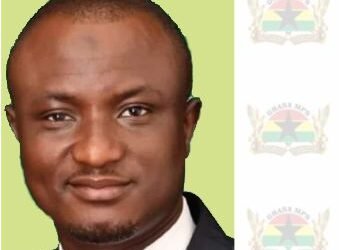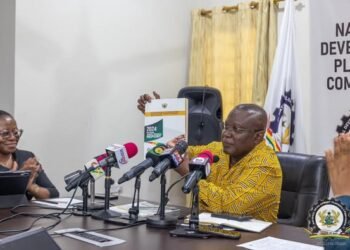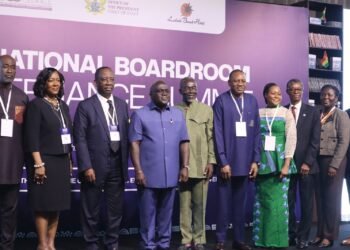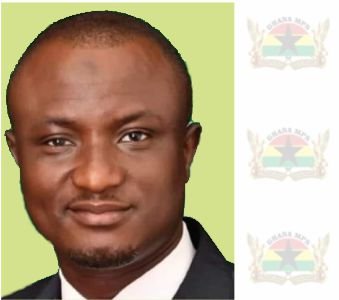The West Africa Democracy Solidarity Network (WADEMOS) has expressed concern over the recent amendment to Togo’s 1992 constitution by the National Assembly, which shifts from a semi-presidential to a parliamentary regime.
This change significantly alters the method of electing the country’s president, moving from universal, direct, and secret suffrage by citizens to selection by the parliament. WADEMOS is troubled by the potential impact on the stability of Togo, as it may further exclude ordinary citizens from expressing their political choices through a vote, a fundamental right enshrined in the African Union Charter on Democracy, Elections, and Governance.
“While welcoming the intervention of the President for the National Assembly to review the amendment, engage in larger consultations, and hold parliamentary and regional elections on April 29, the Network condemns the timing of the proposed changes ahead of the scheduled election. [This is] in clear violation of Article 2 of the ECOWAS Supplementary Protocol on Democracy, Good Governance and Elections, as well as the use of force to suppress the rights of citizens to voice their disapproval of the amendment.”
Jonah Eledi, Communications and Digital Platforms Officer, WADEMOS
The Network noted that it was troubled by the process of adopting this amendment, particularly without prioritizing a referendum and being decided by a parliament controlled by one party and its affiliates, which is seen as violating the rights of citizens to contribute to profound reforms and governance of the country, as well as the African Union Charter.
The WADEMOS Network urged the Government of Togo to take into consideration the calls of the people of Togo disapproving of the ongoing process including the voice of pro-democratic actors in Togo, namely the Togolese Conference of Bishops, academics, the CSOs, and the Diaspora, calling on the President to postpone the promulgation of the new Constitution and to initiate an inclusive political dialogue after the results of the next legislative and regional elections.
Opposition Parties Raises Concern
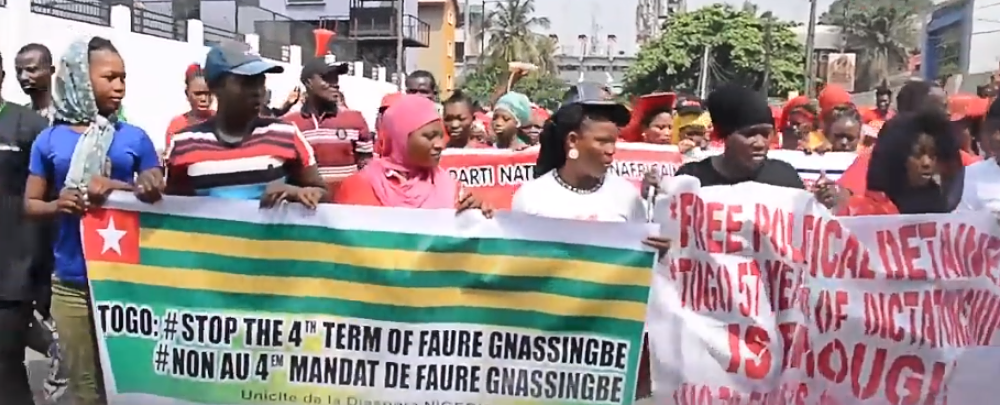
The opposition parties criticized the adoption of the new constitution by the parliament, noting that the formal term of the Assembly ended in December 2023, and its sessions have continued only because of a constitutional provision. They argued that members of the parliament whose term of office have expired lack the legitimacy to adopt such far-reaching constitutional changes for the future of the country, especially so close to elections.
This change raised questions about compatibility with the ECOWAS Protocol on Democracy and Good Governance, which states that no substantial modification shall be made to the electoral laws in the last six months before the elections, except with the consent of a majority of political actors.
The opposition insisted they will not back down until the changes are withdrawn. “We’re not going to accept this, and we will fight against this constitution,” said Brigitte Kafui Johnson.
The ruling party and its supporters argue that the new system would revitalize democracy, reduce the cost of Presidential elections, and enable citizens to exercise effective control over their leaders and policies. They believe that the indirect selection of the head of state and government under the new system may help to pacify political life in Togo.
Critics, however, point out that changing the Constitution in this manner poses serious problems for Togolese democracy, as it violates the provisions of the current text and grossly violates Article 59 of the Constitution, which states that the President of the Republic is elected by universal, free, direct, equal, and secret suffrage for a term of five years, renewable once and that this provision may only be amended by referendum.
Under the proposed reforms, the President of the Republic would be elected by parliament in a joint session of the two legislative chambers, with a term of office of six years. The powers of the head of state are practically relinquished to the proposed President of the Council of Ministers, who would represent the Togolese Republic abroad and effectively direct the day-to-day management of the country.
This move has been described as establishing a ‘parliamentary’ system of government, but the draft constitution indicates that the Assembly would only be able to remove the President of the Council with a three-quarters majority in a vote of no confidence, which is unusual in parliamentary systems.
READ ALSO: OpenAI Enhances Custom Model Program for Tailored AI Solutions



